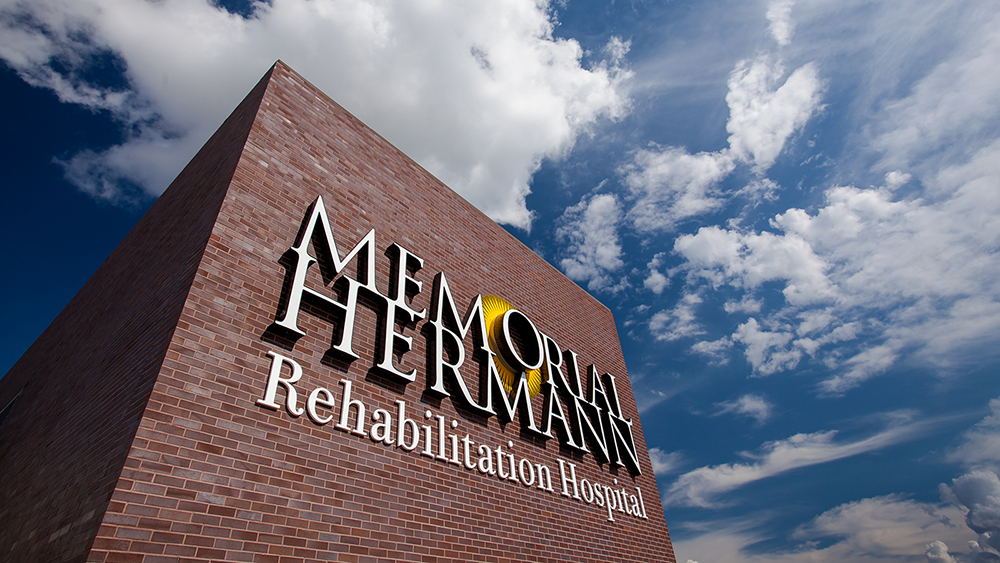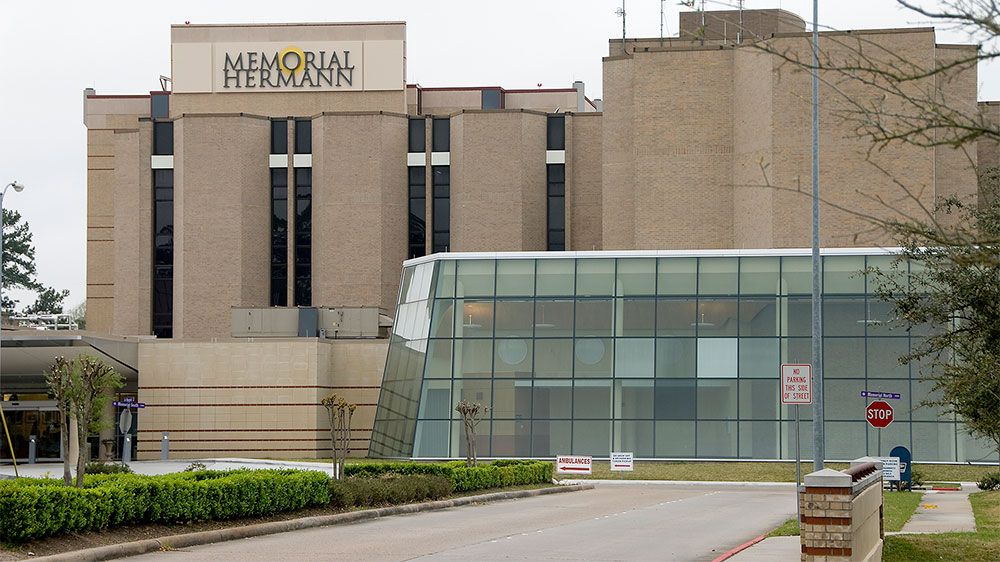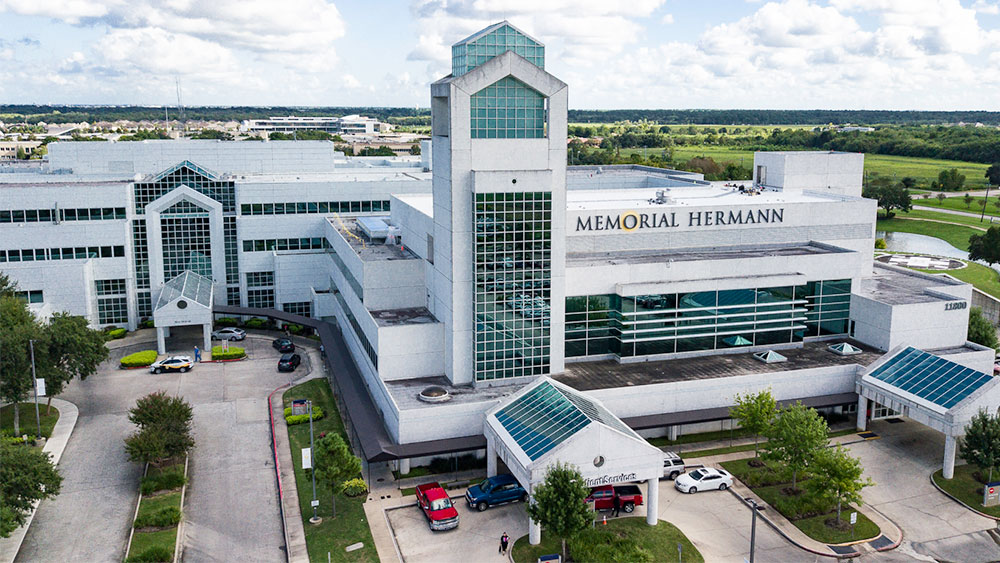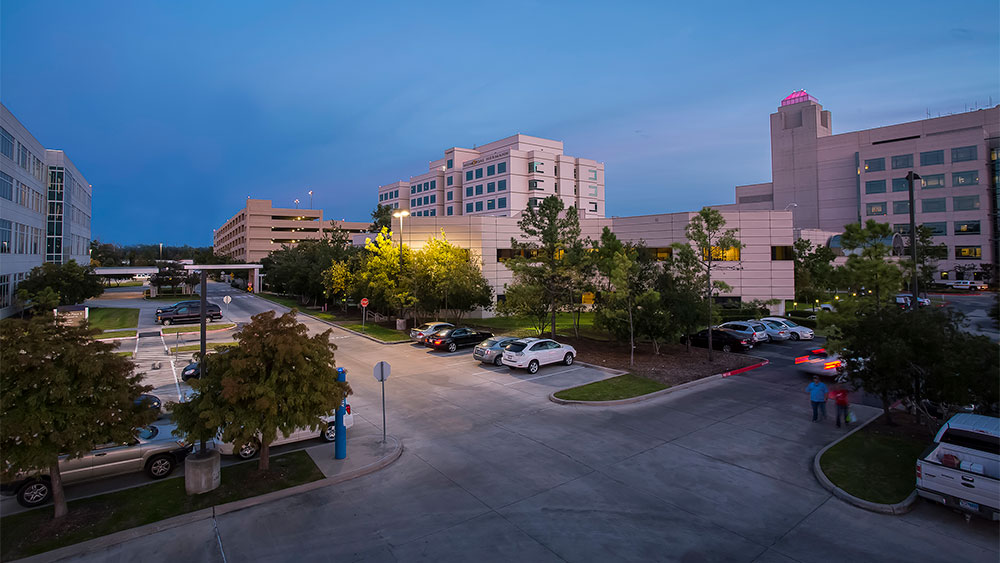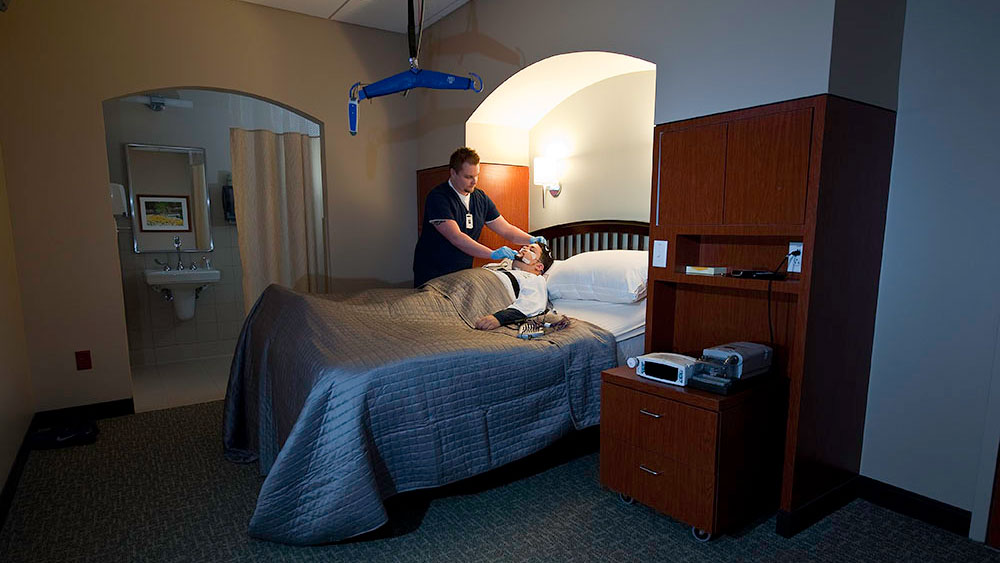Schedule a Sleep Study
If you often suffer from excessive daytime sleepiness, experience abnormal behaviors during sleep or have difficulty getting to or staying asleep, your doctor may refer you for a sleep study to further look at your symptoms. A sleep study can track how you sleep and how your body behaves during rest.
With locations throughout the Greater Houston area, Memorial Hermann Sleep Centers offers adults and children convenient access to sleep studies. Sleep study results are sent to your referring physician to evaluate and provide a treatment plan.
A physician's order is required to undergo a sleep study.
Frequently Asked Questions (FAQs)
When you arrive for your sleep study, you'll be shown to your private room, and test preparation will begin shortly afterward. The test is painless and begins with the attachment of electrodes to your head, chin, chest and legs, which takes about 45 minutes. You'll then be allowed to relax in your room before bedtime.
Each single patient room is equipped with a comfortable queen-size bed with a Tempur-Pedic mattress. You may bring reading materials to the sleep study, or you can watch TV in your room. You’re also welcome to bring a family member, but they will be asked to leave before the beginning of the test.
You will not be served dinner at the Center, so please eat a good meal before arriving (try not to eat anything unusual) and avoid caffeine and alcohol on the day of your study. If you need to be at work the morning after testing, inform the technologist as soon as you arrive, to allow him or her time to take the steps necessary to ensure you are able to leave on time.
For your overnight stay, please bring the following:
- Personal toiletry items (towels and soap will be provided)
- A robe, pajamas, gown or shorts
- Any medications you take at night or in the morning
- A favorite pillow or blanket (if you prefer)
Do not take any optional medications such as sleeping pills, antihistamines or tranquilizers that you're not required to take on a daily basis. If you're uncertain about which medications to take, check with your doctor.
An overnight sleep study (nocturnal polysomnogram) is a recording of brain waves (EEG), eye movements, certain kinds of muscle activity, cardiac activity, respiratory activity, nasal and oral breathing, snoring and blood oxygen concentration during a regular night of sleep.
Doctors can learn a great deal about your sleep and waking patterns from a sleep study. An overnight study reveals important information, including:
- How many hours you slept
- How often you woke up
- What stages and depths of sleep you went through during the night
- Whether you had normal rapid eye movement (REM) sleep involving dreaming
The study also tracks:
- Unusual muscle activity (such as muscle jerks)
- Unusual brain activity (such as mild seizures)
- Unusual cardiac activity
- Variations in blood oxygen concentration throughout the study
- Unusual respiratory activity (such as sleep apnea, including the momentary stopping of breathing)
Yes. Most people do not sleep as well in a sleep center. In most cases, we can still get the information we need, even if you don't sleep as well as you do at home.
No. We gather all the information we need through noninvasive surface contact electrodes. No needles are used, and there is nothing painful about the test.
We use various types and sizes of surface electrodes, which are like small metal cups. In most cases, electrodes are applied to several places on your head, with non-allergic conductive paste and gauze pieces. No hair will be shaved. Electrodes are also attached to your chin, near the eyes, on the shoulder and to both shins. If we are recording your respiration, we'll ask you to wear a small probe around your nose and mouth.
Bands are placed around your chest and abdomen to measure breathing, and a probe may be applied to your finger to measure the amount of oxygen in your blood. There is no pain, although on occasion, patients consider the electrodes to be a nuisance or slightly uncomfortable.
Many health insurance companies cover the cost of testing for sleep disorders and often pay for the equipment necessary to prevent and treat any diagnosed disorders. For details about your coverage, check with your insurance company.
For Physicians
To schedule a study for a patient, fax the following to your preferred Memorial Hermann Sleep Center:
- Physician order for the study
- Patient's demographic sheet including address, phone number, Social Security number and date of birth
- Copy of patient's insurance card (both sides)
- Medical history and physical results (or physician's office visit notes)

